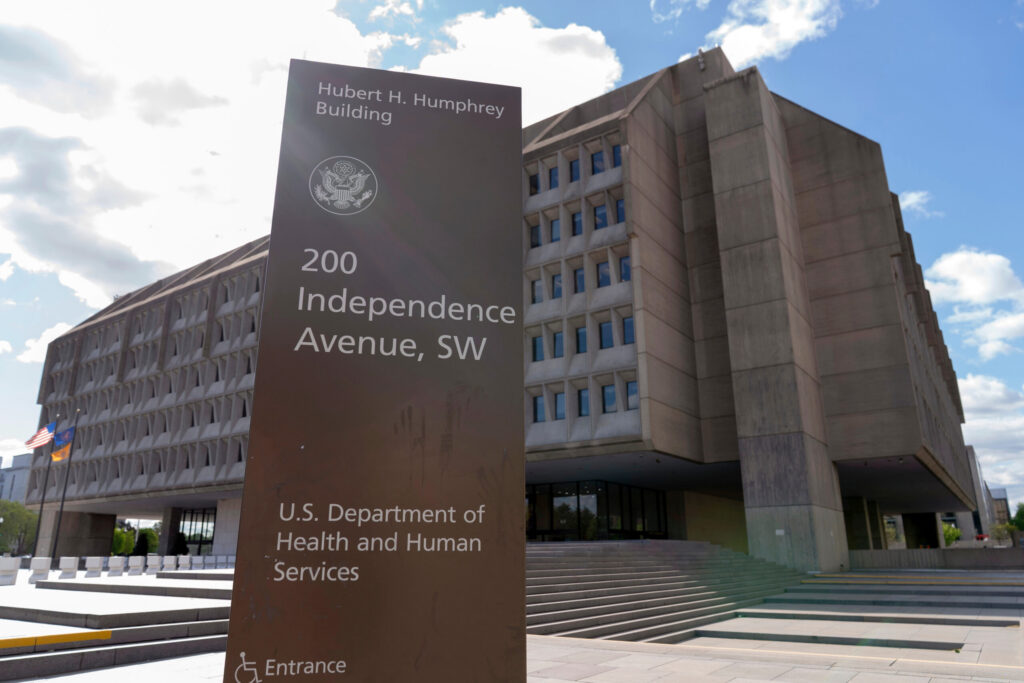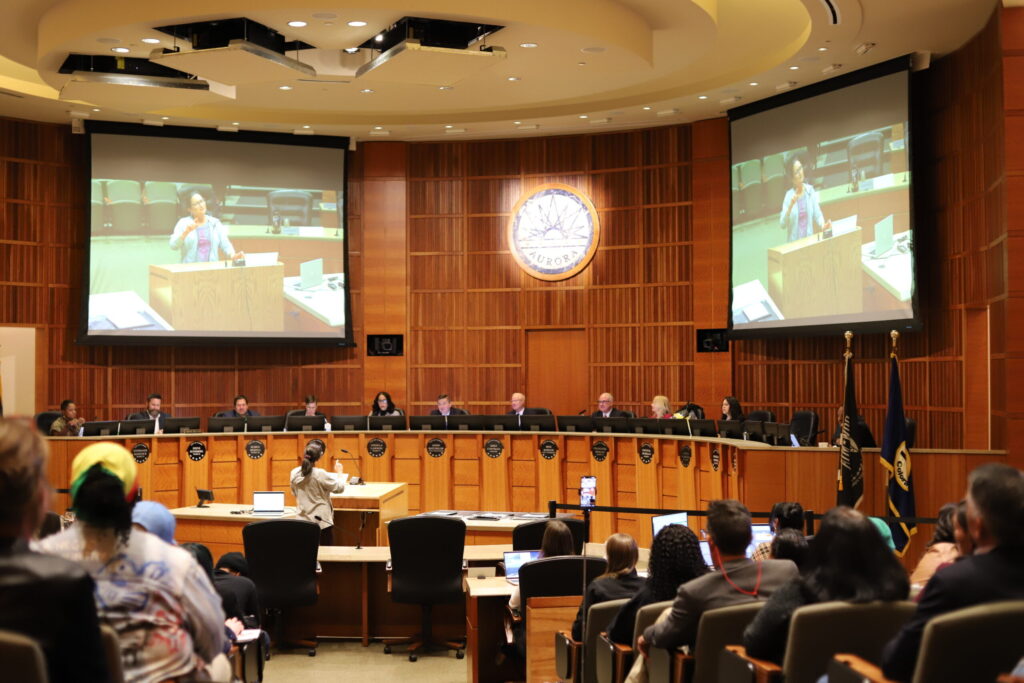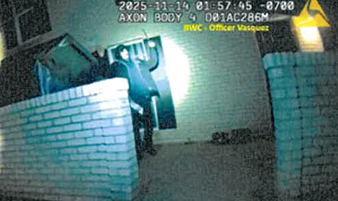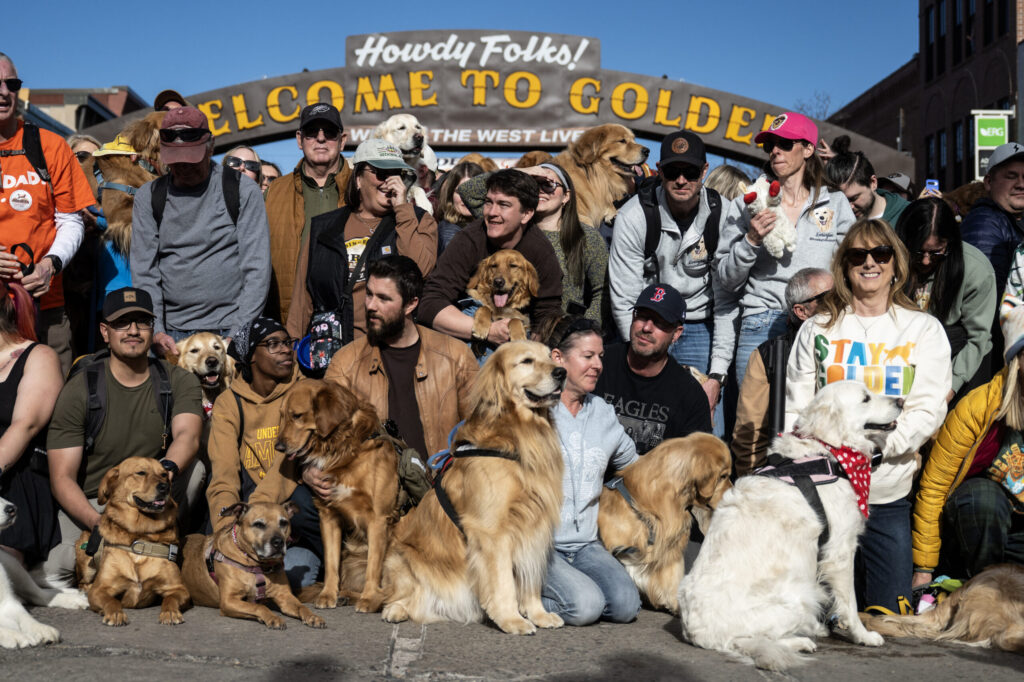Colorado Supreme Court tells Weld County to follow state redistricting law
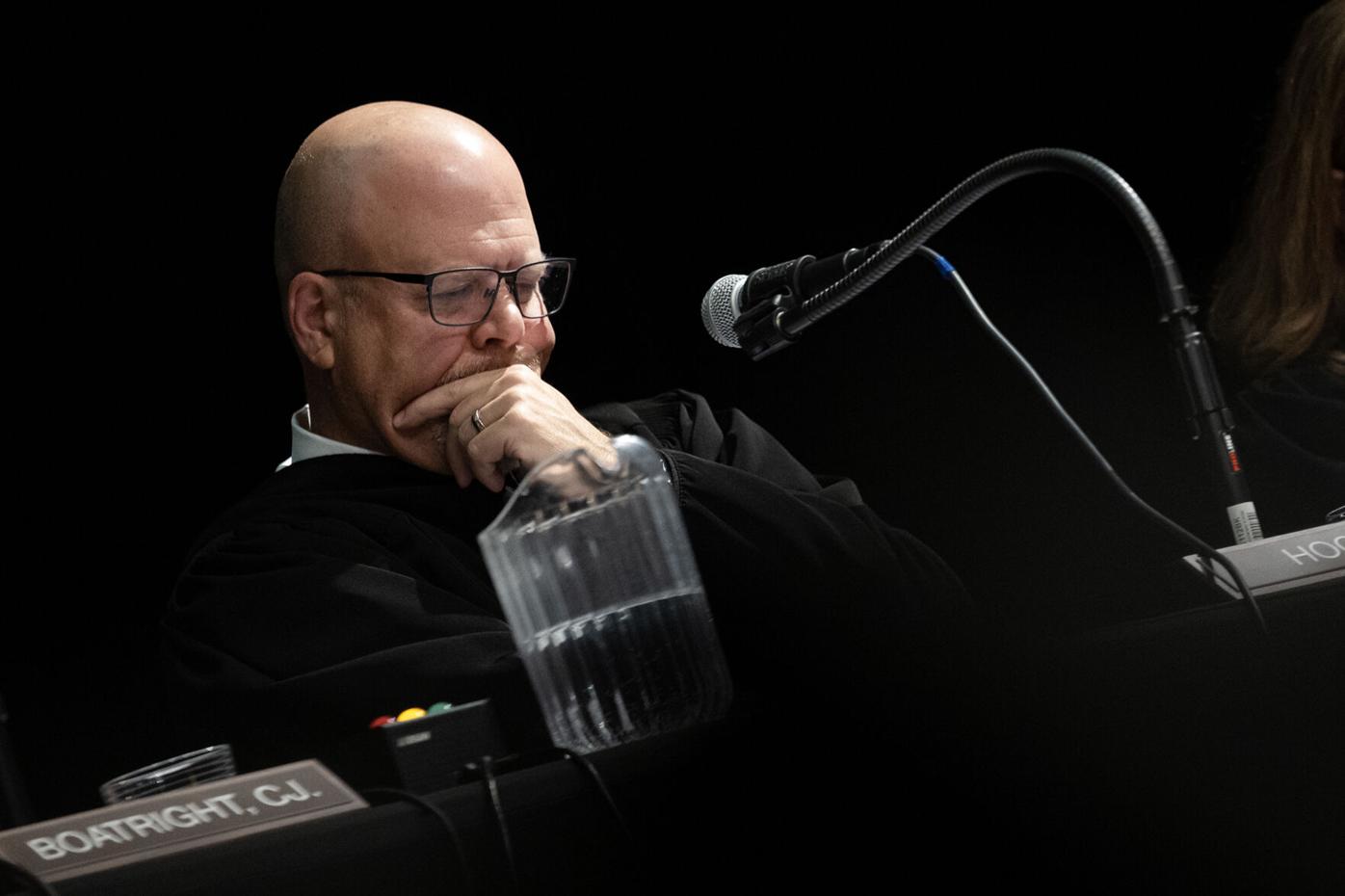
Timothy Hurst
Weld County must comply with the state law governing how boards of county commissioners are to draw their districts, and the county needs to adopt new maps by next year’s election, the Colorado Supreme Court ruled on Monday.
Following the 2020 census, it was undisputed that Weld County did not follow the procedures for how certain counties were to reapportion their commissioner districts. Weld County contended its status as a home rule jurisdiction meant it only needed to abide by its charter’s bare-bones redistricting provisions — and its attorney did not explicitly commit to following the Supreme Court’s decision during oral arguments last year.
But the justices emphasized Weld County was not exempt from the law.

“Today, we order the Board to perform duties that the General Assembly already mandated and that the Constitution doesn’t allow the Board to ignore,” wrote Justice William W. Hood III in the Feb. 24 opinion.
In response to a question about whether Weld County would comply with the decision, public information officer Jennifer Finch said the county “will be discussing internally as to the mechanics of complying.”
“The law is clear — peoples’ votes matter, and gerrymandering has no place in how county commission districts are drawn,” said Attorney General Phil Weiser.
In 2021, the General Assembly enacted House Bill 1047, laying out requirements for counties to follow when completing their post-census redrawing of commission districts. The law applied to only a handful of counties that elect commissioners by district, and provided direction for holding hearings, producing alternate maps and maximizing politically competitive districts.

DENVER, CO – JANUARY 13: Representatives gather on the floor of the House during the first legislative day of the 73rd General Assembly at the Colorado State Capitol on January 13, 2021 in Denver, Colorado. (Photo By Kathryn Scott)
Two local civic groups — the League of Women Voters and the Latino Coalition of Weld County — along with two voters filed suit following the adoption of Weld County’s new district maps in 2023. They pointed out the jurisdiction had not followed HB 1047, under the seeming belief that its home rule status meant it only needed to comply with the redistricting provisions of its own charter.
In a March 2024 order, District Court Judge Todd Taylor agreed the county “failed to meet nearly every procedural requirement” the legislature imposed. He further found the General Assembly did intend for HB 1047 to apply to Weld County and its charter did not excuse it from following state law.
Recognizing Weld County would not likely have enough time to properly draw its commission districts for the upcoming election, Taylor allowed the board to use its pre-2023 map temporarily. The Supreme Court then heard the appeal directly.
In December, Alexandria L. Bell argued that Weld County, which was part of an unsuccessful secession attempt in 2013, “does not have a duty to its citizens to follow” the redistricting law. If voters wanted such a process, she said, they could amend the charter to include one.
“I’m from Brooklyn, New York. The word we’d use is ‘chutzpah,'” responded Justice Richard L. Gabriel.
The Colorado Attorney General’s Office also weighed in on behalf of the petitioners who brought the case. It drew the court’s attention to the board’s decision to split Greeley, the most populous city with a large Hispanic population, between the three commission districts — suggesting there may have been partisan motivations behind the dissection.

The city of Greeley, Colo., split between three Weld County commissioner districts. Source: League of Women Voters of Greeley, Weld County, Inc. v. Board of County Commissioners
The sponsors of HB 1047, former Rep. Chris deGruy Kennedy, D-Lakewood, and former Sen. Pete Lee, D-Colorado Springs, told Colorado Politics they clearly intended to impose the transparency and procedural requirements on Weld County with their legislation.
“The Weld commissioners are suffering from collective and selective amnesia,” said Lee, and “their arguments are disingenuous, insincere and not consistent with the facts and evidence.”

Sen. Pete Lee, D-Colorado Springs, comments on Senate Bill 124, which changes the sentences for felony murder, during an April 26, 2021, signing ceremony.
In the court’s opinion, Hood explained the Colorado Constitution allows home rule counties to set up the “organization and structure” of their county functions via a charter. At the same time, Weld County’s charter obligates the board to fulfill any duties “that may hereafter be required or permitted by State law.”
Hood wrote that the redistricting law did not affect the county’s internal organization or structure. Instead, it imposed a legal duty on the board.
Moreover, the Supreme Court concluded HB 1047 empowered the voters to sue to vindicate their rights, and it made no sense to adopt Weld County’s position that redistricting need not occur until after the next census in 2030.
If that were the case, the board “could simply hold out, violate the statute again in ten years, and wait out the next decade until the following census year,” Hood wrote. “This would create an absurd loophole.”
Lawyers for the petitioners and the county did not immediately respond to a request for comment.
Chief Justice Monica M. Márquez wrote separately to say she agreed with the outcome, but believed the court’s authority to order Weld County to comply flowed from a source other than the redistricting law itself.
The case is League of Women Voters of Greeley, Weld County, Inc. et al. v. Board of County Commissioners.













